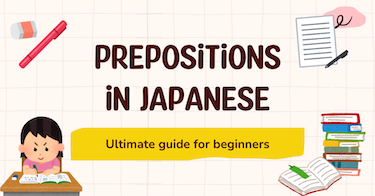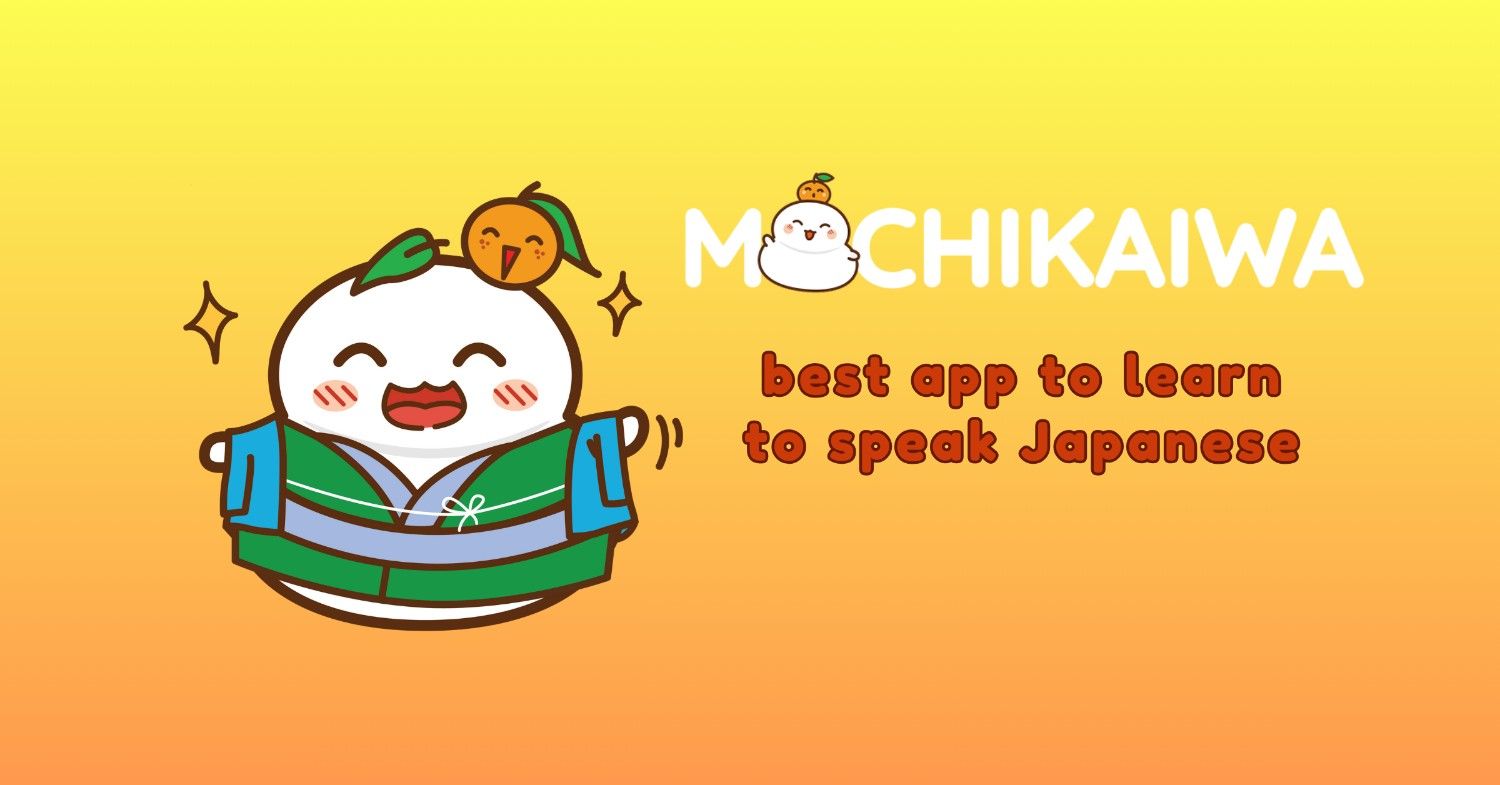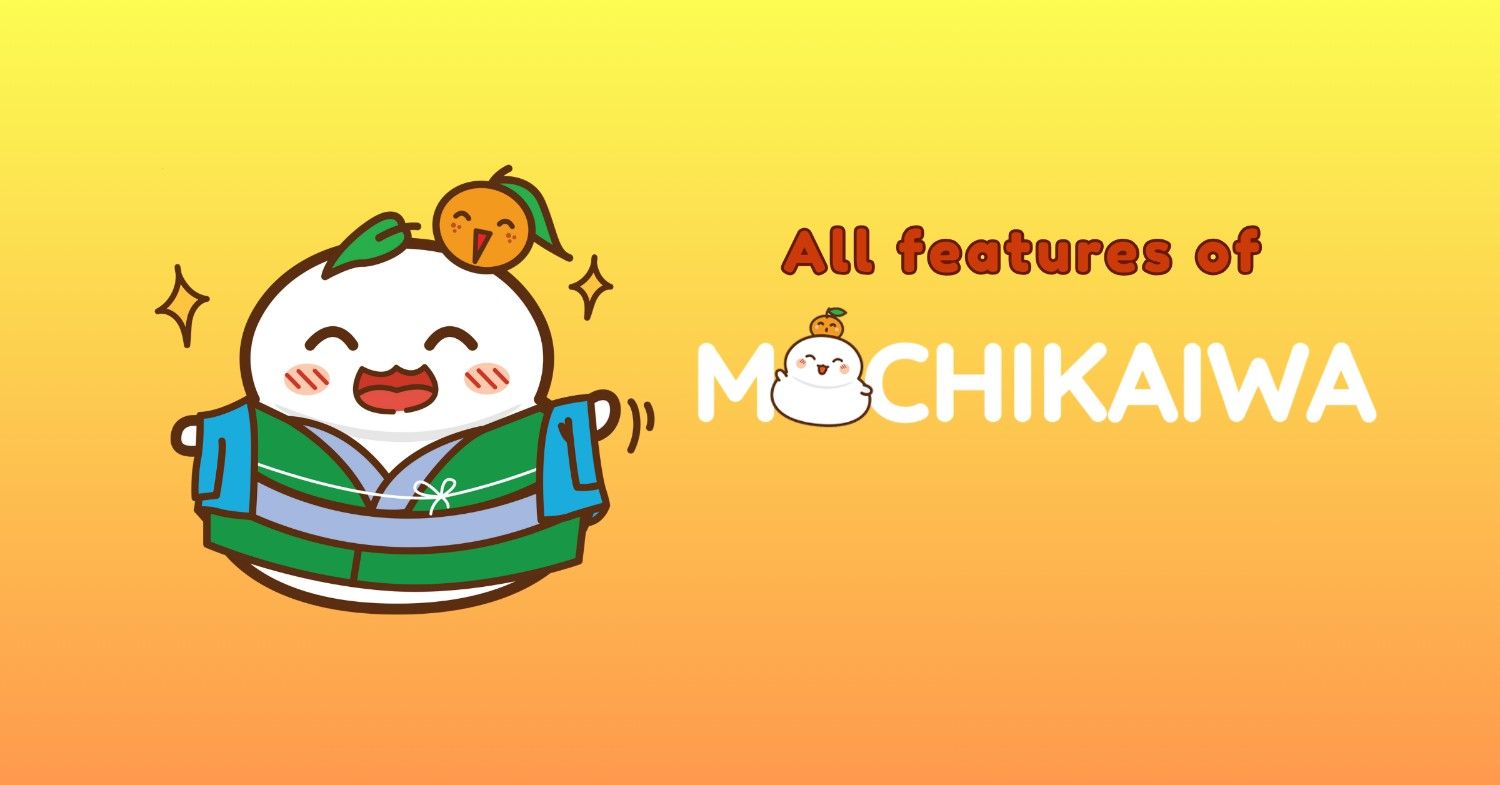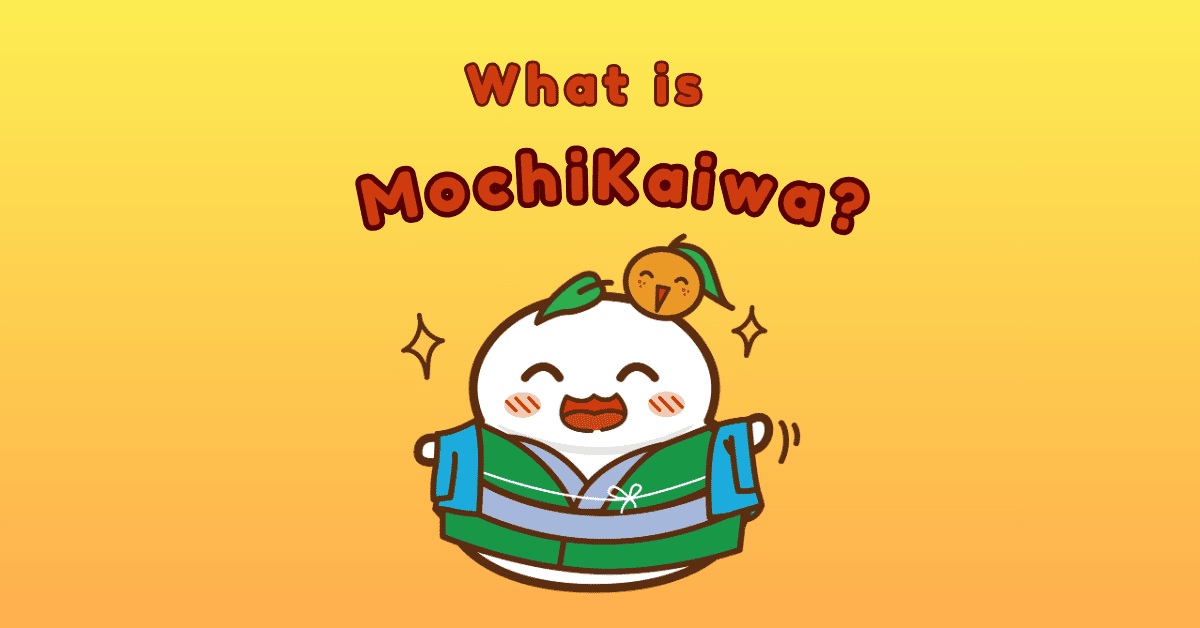Learning Japanese can be a serious endeavor, but why not make it fun? The Japanese language is full of playful and funny words that are sure to make you smile while learning. These words often rely on sound, mimicry, or playful expressions, which not only make them hilarious but also easier to remember. Below is a collection of 60 funny Japanese words and phrases that will brighten your day and deepen your understanding of the language.
60 funny Japanese words and phrases
1. Baka (バカ) – Fool
Baka means fool or idiot, often used to describe someone acting foolishly. Depending on the situation, it can be playful or insulting.
Example:
彼は本当にバカだね!(Kare wa hontō ni baka da ne!)
“He’s such a fool!”
2. Unchi (うんち) – Poop
Unchi is a cute, childlike way of saying “poop.” It’s mostly used with or by kids, but sometimes adults use it playfully.
Example:
赤ちゃんがうんちをしたよ。(Akachan ga unchi o shita yo.)
“The baby pooped.”
3. Chikichiki (チキチキ) – Flapping sound
This word imitates the sound of something flapping, like bird wings or fabric in the wind.
Example:
鳥がチキチキと羽ばたいている。(Tori ga chikichiki to habataite iru.)
“The bird is flapping its wings.”
4. Nyan Nyan (ニャンニャン) – Meow meow
This is the Japanese onomatopoeia for a cat’s meow. It’s often used in a playful or cute way.
Example:
猫がニャンニャン鳴いている。(Neko ga nyan nyan naite iru.)
“The cat is meowing.”
5. Pika Pika (ピカピカ) – Shiny
Pika pika describes something sparkling or shining brightly, like polished metal or a clean floor.
Example:
床がピカピカだね。(Yuka ga pika pika da ne.)
“The floor is so shiny!”
6. Shiri (しり) – Butt
Shiri means “butt” and is a casual way to refer to someone’s rear end, often in a funny or playful context.
Example:
彼はお尻を打った。(Kare wa oshiri o utta.)
“He hit his butt.”
7. Buta (ブタ) – Pig
Buta means “pig” and is often used as a playful insult for someone who is eating too much or being lazy.
Example:
彼はブタのように食べている。(Kare wa buta no yō ni tabete iru.)
“He’s eating like a pig.”
8. Kuso (クソ) – Crap
Kuso is a strong word that means “crap” or “shit.” It’s often used as an expletive, though it can be playful among friends.
Example:
クソ!宿題を忘れた。
Kuso! Shukudai o wasureta.
“Crap! I forgot my homework.”
9. PonPon (ポンポン) – Belly
PonPon is a cute way to refer to someone’s stomach, often used with children or playfully among friends.
Example:
お腹がポンポンだね。
Onaka ga ponpon da ne.
“Your belly is so big!”
10. Aho (アホ) – Idiot
Aho is another word for “idiot,” commonly used in the Kansai region of Japan. It’s less harsh than baka in Kansai dialect.
Example:
あんたはアホだな!
Anta wa aho da na!
“You’re such an idiot!”
11. Gucha Gucha (ぐちゃぐちゃ) – Messy
Gucha gucha refers to something messy or disorganized, often used when describing a situation or space.
Example:
彼の部屋はぐちゃぐちゃだ。
Kare no heya wa gucha gucha da.
“His room is a mess.”
12. Puni Puni (ぷにぷに) – Squishy
Puni puni describes something soft and squishy, like a marshmallow or a plush toy.
Example:
このクッションはぷにぷにだ。
Kono kusshon wa puni puni da.
“This cushion is so squishy!”
13. Peko Peko (ぺこぺこ) – Hungry
Peko peko means extremely hungry, often used in an exaggerated or playful way.
Example:
お腹がぺこぺこだ。
Onaka ga peko peko da.
“I’m starving!”
14. Bochi Bochi (ぼちぼち) – So-so
Bochi bochi is a casual way to say “so-so” or “not bad,” often used to downplay one’s feelings or the situation.
Example:
仕事はぼちぼちです。
Shigoto wa bochi bochi desu.
“Work is going so-so.”
15. Poyo Poyo (ぽよぽよ) – Chubby
Poyo poyo describes something round and bouncy, often used for chubby cheeks or a soft belly.
Example:
赤ちゃんのほっぺはぽよぽよだ。
Akachan no hoppe wa poyo poyo da.
“The baby’s cheeks are so chubby!”
16. Tanoshi (たのし) – Fun
Tanoshi means fun or enjoyable, often used to describe an activity or event that brings joy.
今日はとても楽しかった!
Kyō wa totemo tanoshikatta!
“Today was so much fun!”
17. Tsundere (ツンデレ) – Cold but caring
A tsundere person is someone who acts cold or harsh on the outside but is kind and caring underneath.
Example:
彼女はツンデレだよね。
Kanojo wa tsundere da yo ne.
“She’s such a tsundere.”
18. Gero (ゲロ) – Vomit
Gero is a crude way of saying “vomit.” It’s often used as a sound effect for throwing up.
Example:
彼は酔ってゲロを吐いた。
Kare wa yotte gero o haita.
“He got drunk and threw up.”
19. Zuru Zuru (ずるずる) – Slurping sound
Zuru zuru describes the sound of slurping noodles or a drink, a common sound in Japan when eating ramen.
Example:
ラーメンをずるずる食べる。
Rāmen o zuru zuru taberu.
“Slurping ramen noodles.”
20. Kero Kero (ケロケロ) – Ribbit (frog sound)
Kero kero is the sound a frog makes, similar to “ribbit” in English. It’s often used in children’s stories or songs.
Example:
カエルがケロケロと鳴いている。
Kaeru ga kero kero to naite iru.
“The frog is croaking.”
22. Kucha (くちゃ) – Chewing loudly
Kucha kucha describes someone chewing with their mouth open, creating a loud noise. It’s considered impolite but is used in a playful way to describe the sound.
Example:
彼はくちゃくちゃ食べるのが嫌だ。
Kare wa kucha kucha taberu no ga iya da.
“I hate it when he chews so loudly.”
21. Koro Koro (ころころ) – Rolling sound
Koro koro refers to something small rolling, like a ball or a piece of fruit.
Example:
リンゴがころころ転がっていった。
Ringo ga koro koro korogatte itta.
“The apple rolled away.”
24. Poko Poko (ぽこぽこ) – Popping sound
Poko poko is the sound of small pops or bubbles bursting, often used to describe light popping noises.
Example:
お湯がぽこぽこと沸騰している。
Oyu ga poko poko to futtō shite iru.
“The water is bubbling up.”
25. Waku Waku (わくわく) – Excited
Waku waku describes the feeling of excitement or anticipation, like when you’re eagerly waiting for something fun.
Example:
明日の旅行が楽しみでわくわくしている。
Ashita no ryokō ga tanoshimi de waku waku shite iru.
“I’m excited for tomorrow’s trip.”
26. Hara Hara (ハラハラ) – Nervous
Hara hara describes a feeling of anxiety or nervousness, like when you’re watching a suspenseful moment in a movie.
Example:
そのシーンを見てハラハラした。
Sono shīn o mite hara hara shita.
“I was nervous watching that scene.”
27. Fuwafuwa (ふわふわ) – Fluffy
Fuwafuwa means something is soft and fluffy, like a pillow or a cloud.
Example:
この枕はふわふわで気持ちいい。
Kono makura wa fuwafuwa de kimochi ii.
“This pillow is so fluffy and comfortable.”
28. Tsubusu (つぶす) – Smash
Tsubusu means to crush or smash something into pieces, often used when talking about squishing something soft.
Example:
虫をつぶしてしまった。
Mushi o tsubushite shimatta.
“I accidentally crushed the bug.”
29. Suru Suru (するする) – Slippery
Suru suru describes something smooth or slippery, like when you’re sliding your hand over something slick.
Example:
氷の上をするする滑る。
Kōri no ue o suru suru suberu.
“I’m sliding smoothly on the ice.”
30. Toko Toko (とことこ) – Walking sound
Toko toko is the sound of small, quick footsteps, often used to describe a child or small animal walking.
Example:
子犬がとことこ歩いてきた。
Koinu ga toko toko aruite kita.
“The puppy walked over with little steps.”
31. Fuwa (ふわ) – Light, soft
Fuwa is similar to fuwafuwa but used for things that are light or soft, often implying a gentle texture or feeling.
Example:
ケーキがふわっとしている。
Kēki ga fuwa to shite iru.
“The cake is light and fluffy.”
32. Boroboro (ボロボロ) – Worn out
Boroboro describes something that’s completely worn out, broken, or in poor condition.
Example:
この本はボロボロになっている。
Kono hon wa boroboro ni natte iru.
“This book is completely worn out.”
33. Pero Pero (ぺろぺろ) – Licking sound
Pero pero is the sound of licking, often used to describe a pet licking something or someone.
Example:
犬がぺろぺろと私の顔をなめた。
Inu ga pero pero to watashi no kao o nameta.
“The dog licked my face.”
34. Otsukare (おつかれ) – Good job/Thank you for your hard work
Otsukare is a common phrase used to express appreciation for someone’s effort or hard work, often used at the end of the day.
Example:
今日はおつかれさまでした。
Kyō wa otsukare sama deshita.
“Thank you for your hard work today.”
35. Pippi (ぴっぴ) – Chirping sound
Pippi is the sound of small birds chirping, often used to describe a gentle or high-pitched chirp.
Example:
小鳥がぴっぴと鳴いている。
Kotori ga pippi to naite iru.
“The small bird is chirping.”
36. Mogu Mogu (もぐもぐ) – Munching sound
Mogu mogu describes the sound of someone munching or chewing food quietly, often used in a cute or funny way.
Example:
彼女はお菓子をもぐもぐ食べている。
Kanojo wa okashi o mogu mogu tabete iru.
“She’s munching on snacks.”
37. Gyuu (ぎゅう) – Squeeze or hug
Gyuu is the sound of a tight hug or squeeze, often used when hugging someone affectionately.
Example:
彼は私をぎゅうっと抱きしめた。
Kare wa watashi o gyū tto dakishimeta.
“He gave me a tight hug.”
38. Giri Giri (ぎりぎり) – Just in time
Giri giri means barely making it or just in time, often used to describe a close call or tight deadline.
Example:
電車にぎりぎり間に合った。
Densha ni giri giri mania atta.
“I barely made it to the train on time.”
39. Doki Doki (ドキドキ) – Heart beating
Doki doki describes the sound or feeling of a fast-beating heart, usually from excitement or nervousness.
Example:
彼に会うとドキドキする。
Kare ni au to doki doki suru.
“My heart beats fast when I see him.”
40. Betabeta (ベタベタ) – Sticky
Betabeta means something is sticky or tacky, like glue or syrup. It’s often used in a slightly unpleasant way.
Example:
手がベタベタしている。
Te ga betabeta shite iru.
“My hands are sticky.”
41. Horohoro (ホロホロ) – Falling apart
Horohoro describes something delicate that easily falls apart, like soft food or leaves in the wind.
Example:
この肉はホロホロと崩れる。
Kono niku wa horo horo to kuzureru.
“This meat falls apart easily.”
42. Niko Niko (ニコニコ) – Smiling
Niko niko describes a person smiling cheerfully, often used for a happy or friendly expression.
Example:
彼女はいつもニコニコしている。
Kanojo wa itsumo niko niko shite iru.
“She’s always smiling.”
43. Oya Oya (おやおや) – Oh my
Oya oya is an expression of mild surprise, similar to “Oh my” in English. It’s often used in a playful or lighthearted way.
Example:
おやおや、これは面白いですね。
Oya oya, kore wa omoshiroi desu ne.
“Oh my, this is interesting.”
44. Suka Suka (スカスカ) – Empty
Suka suka refers to something that feels empty or lacking substance, often used to describe a room or situation that feels hollow.
Example:
部屋はスカスカだった。
Heya wa suka suka datta.
“The room was empty.”
45. Wari Wari (わりわり) – Breaking
Wari wari describes the sound or action of something breaking or shattering into pieces.
Example:
氷がわりわりと割れた。
Kōri ga wari wari to wareta.
“The ice cracked and broke.”
46. Jiko Jiko (じこじこ) – Incident or accident
Jiko jiko refers to an accident or incident, typically involving a vehicle or something unexpected happening.
Example:
昨日、彼はじこじこに巻き込まれた。
Kinō, kare wa jiko jiko ni makikomareta.
“Yesterday, he was involved in an accident.”
47. Tonkatsu (とんかつ) – Pork cutlet
Tonkatsu is a popular Japanese dish, deep-fried pork cutlet, crispy on the outside and tender inside.
Example:
私は夕食にとんかつを食べた。
Watashi wa yūshoku ni tonkatsu o tabeta.
“I had pork cutlet for dinner.”
48. Yabai (やばい) – Dangerous/cool
Yabai is a slang term that can mean both “dangerous” and “cool,” depending on the context. It’s widely used in modern Japanese.
Example:
それはやばいね!
Sore wa yabai ne!
“That’s awesome!” or “That’s dangerous!”
49. Pecha Kucha (ぺちゃくちゃ) – Chattering
Pecha kucha refers to people talking noisily or chatting incessantly.
Example:
彼女たちはペチャクチャ話している。
Kanojotachi wa pecha kucha hanashite iru.
“They are chatting noisily.”
50. Piyo Piyo (ぴよぴよ) – Chirp chirp (baby bird)
Piyo piyo is the sound that baby birds make when they chirp.
Example:
ヒナがぴよぴよ鳴いている。
Hina ga piyo piyo naite iru.
“The baby birds are chirping.”
51. Pata Pata (パタパタ) – Fluttering sound
Pata pata describes the sound of something fluttering, like paper in the wind or wings flapping.
Example:
旗がパタパタと風に揺れている。
Hata ga pata pata to kaze ni yurete iru.
“The flag is fluttering in the wind.”
52. Zuru Zuru (ずるずる) – Dragging/slurping
Zuru zuru can mean either the sound of something being dragged or the sound of slurping, like when eating noodles.
Example:
彼はラーメンをずるずると食べている。
Kare wa rāmen o zuru zuru to tabete iru.
“He’s slurping his ramen.”
53. Gugu (ぐぐ) – Snoring sound
Gugu is the sound of snoring, often used in a playful way to describe someone sleeping deeply.
Example:
彼はぐぐといびきをかいている。
Kare wa gugu to ibiki o kaite iru.
“He’s snoring loudly.”
54. Pon (ぽん) – Pat or tap
Pon describes the sound of a light pat or tap, like patting someone on the back.
Example:
彼が私の肩をぽんと叩いた。
Kare ga watashi no kata o pon to tataita.
“He gave me a light pat on the shoulder.”
55. Fura Fura (ふらふら) – Wobbly
Fura fura describes someone or something swaying or wobbling, like someone who’s dizzy or off-balance.
Example:
彼はふらふらと歩いている。
Kare wa fura fura to aruite iru.
“He’s walking unsteadily.”
56. Peta Peta (ペタペタ) – Sticky sound
Peta peta refers to a sound made when something sticky touches a surface repeatedly, like tape or glue.
Example:
子供がペタペタとシールを貼っている。
Kodomo ga peta peta to shīru o hatte iru.
“The child is sticking stickers all over.”
57. Kirakira (キラキラ) – Sparkling
Kirakira means something is sparkling or glittering, like stars or shiny objects.
Example:
星が夜空でキラキラと輝いている。
Hoshi ga yozora de kirakira to kagayaite iru.
“The stars are sparkling in the night sky.”
58. Bokoboko (ぼこぼこ) – Bumpy
Bokoboko refers to something bumpy or uneven, like the surface of a road or a bruise.
Example:
この道はぼこぼこしている。
Kono michi wa bokoboko shite iru.
“This road is bumpy.”
59. Tehepero (てへぺろ) – Oops, I messed up!
Tehepero is a playful expression people use when they make a small mistake, often accompanied by sticking out their tongue.
Example:
「あ、てへぺろ!」
“A, tehepero!”
“Oh, oops!”
60. Oishii (おいしい) – Delicious
Oishii is the word for “delicious,” often used when someone enjoys their food.
Example:
このケーキは本当においしい!
Kono kēki wa hontō ni oishii!
“This cake is really delicious!”
Learning Japanese is more fun with MochiKanji
To make your Japanese learning journey even more exciting, try using MochiKanji. This app offers engaging flashcards, fun vocabulary courses, and interactive exercises that make mastering words like these a breeze. With MochiKanji’s features like spaced repetition (Golden Time) and playful flashcards with sound and images, you’ll find learning Japanese both enjoyable and effective.
Conclusion
Learning funny Japanese words and phrases is a great way to enjoy the language while understanding more about the culture. Many of these words play on sounds, emotions, or funny imagery, making them not only memorable but also highly enjoyable. Next time you study, throw in a few of these funny words to make the experience even more fun!





